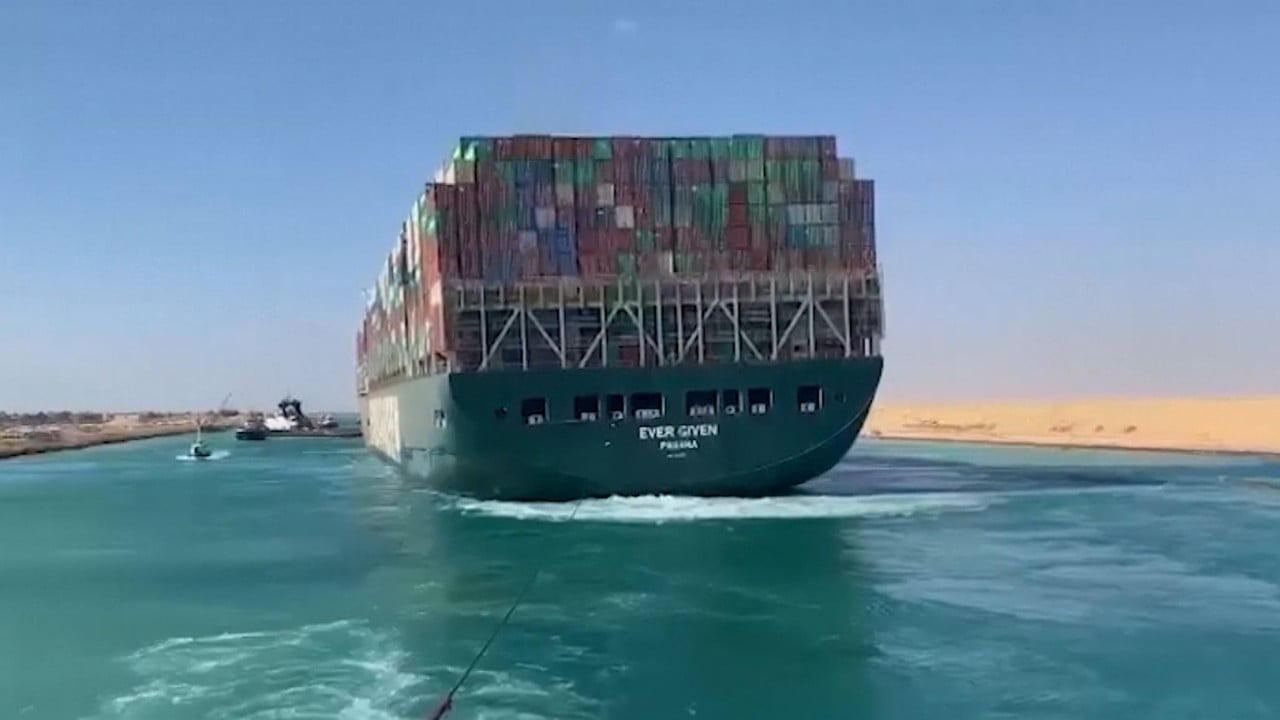
From Covid-19 to crew and climate crises, shipping’s global role is under the spotlight
- Challenges continue amid the supply chain crunch but the most important is to decarbonise shipping and reach for net zero, and for that, the industry needs cooperation and government help
This will be my last Christmas as chairman of the International Chamber of Shipping. As I prepare to hand over to Emanuele Grimaldi next June, I can say with some confidence that in my time, the shipping industry has had to navigate some its greatest challenges since World War II.
Our industry is resilient, and the response to these challenges, particularly throughout the pandemic, has showed our adaptability. Not least the resilience of the nearly two million seafarers who have kept trade working.
Top of the agenda will be the ongoing pandemic. All industries have learned harsh lessons from Covid-19 and shipping is no different. The International Chamber of Shipping was quick to realise the pandemic’s impact and sprang into action with its first guidance issued as early as January last year.
Seafarers kept the world supplied with food, fuel and medicine throughout lockdowns, but their treatment has been shockingly poor at times. Long quarantines, many months worked in excess of contract periods, lack of access to vaccines and medical aid – at the height, some 400,000 seafarers were affected in the name of Covid-19 safety.
On a more positive note, the Covid-19 crisis brought about an unprecedented level of cooperation among key stakeholders, whether owners, associations, unions or regulators. We have also forged connections with wider transport organisations and strengthened relationships with the International Labour Organization and World Health Organization.
This was partly a case of “needs must”, but was also a much-needed reminder that to achieve the right outcomes, cooperation is critical. With the pandemic, many key individuals were thankfully willing and able to leave their egos at the door, which helped tremendously in focusing on the issue at hand. For the other key issues we must tackle, this same spirit of cooperation will be crucial for shipping.
While the complexities of our industry regulator, the International Maritime Organisation, can at times feel like they are frustrating progress, ultimately, the onus is on all of us to reach a net-zero world for the industry.
I have heard many say that 2021 was the “Great Year of Commitments”. It follows that 2022 must be a year of action.
The chairmanship of the International Chamber of Shipping was once described as akin to herding cats. This may be a slight exaggeration but there is no doubt that there are widely differing views and different approaches and emphases. Overseeing the stitching together of these views for a coherent approach has been and always will be a huge challenge for whoever is chairman.
The only thing that counts is the right result – for all concerned. We have a clear strategy. We need to rapidly scale up R&D, we must have a global market-based measure to ensure a sustainable business model for our industry, and we must make sure that whatever we do is equitable and safe.
Ultimately, the biggest single lesson I have learned is that, as an industry, we need to engage more with others. Shipping is no longer the servant of global trade; it is a vital force in overcoming many global challenges. From building back better and driving economic growth, to the creation of a just and green transition – shipping will be vital.
Esben Poulsson is the outgoing chairman of the International Chamber of Shipping



